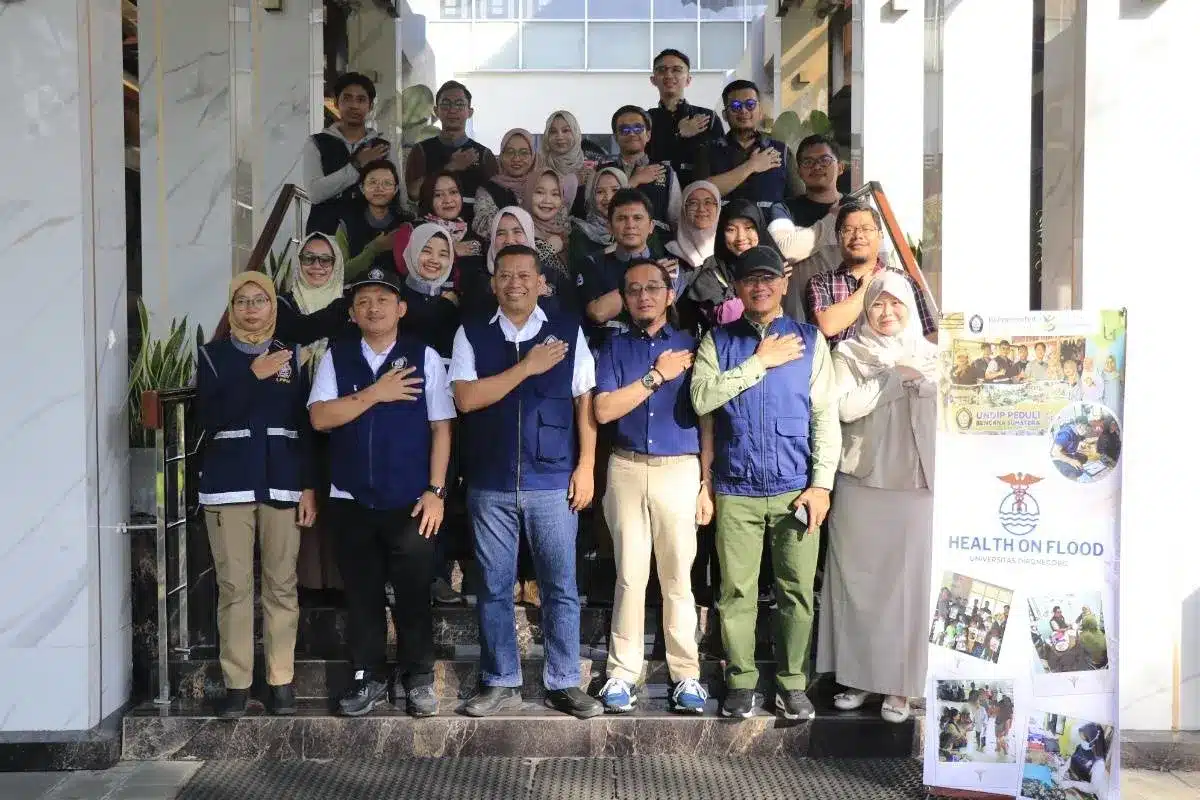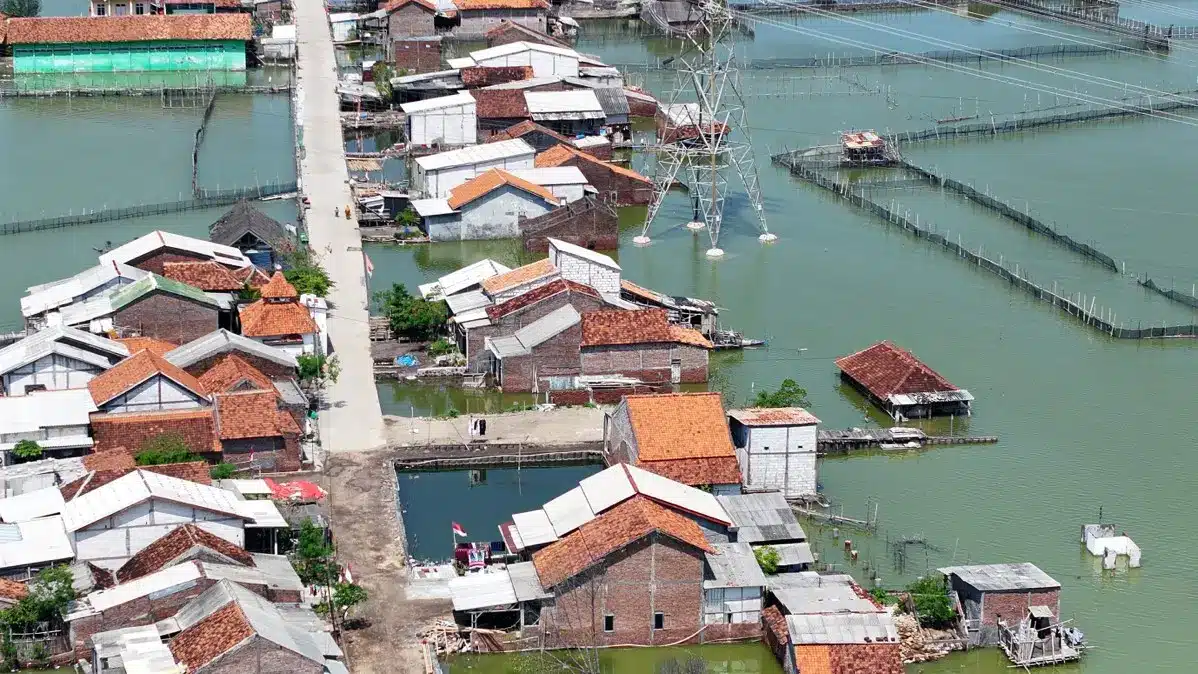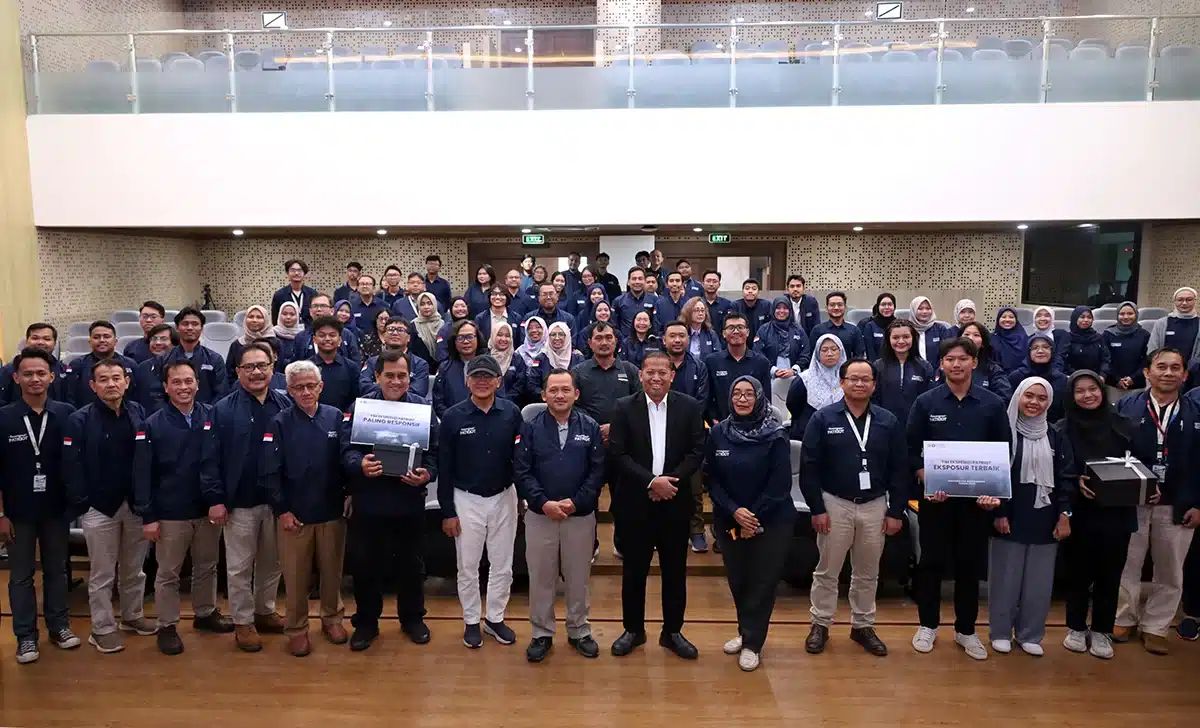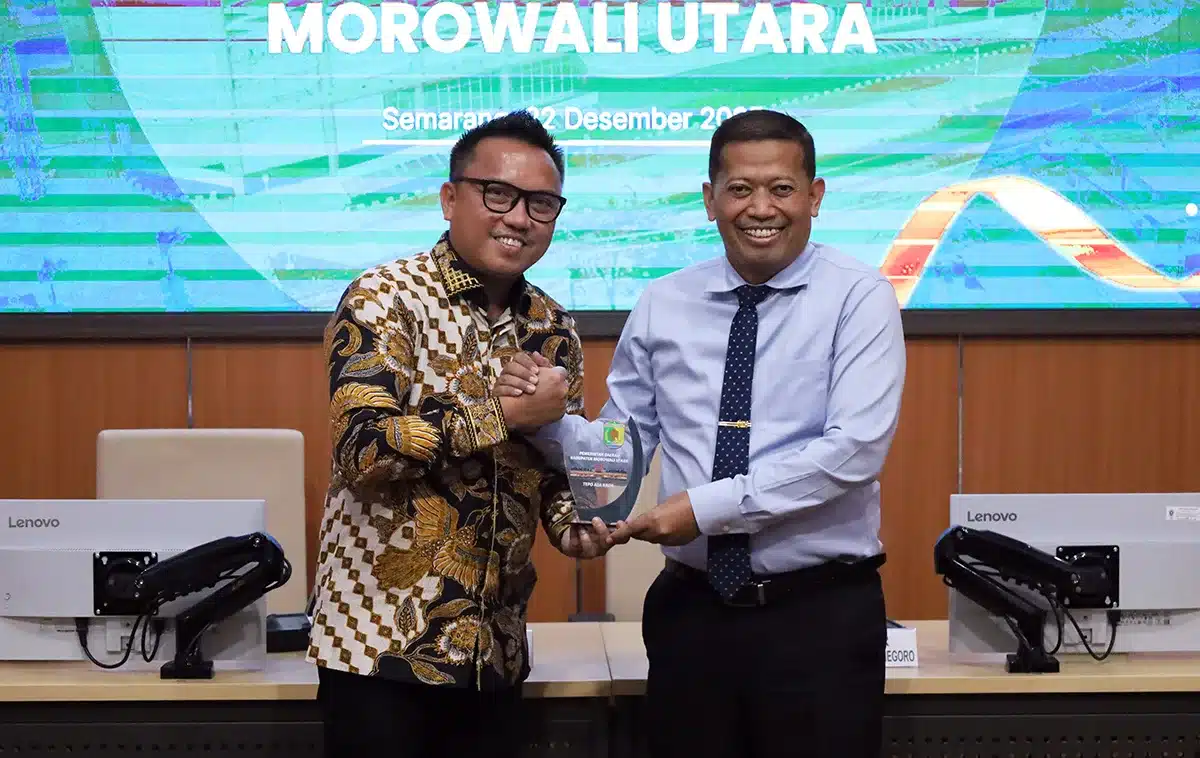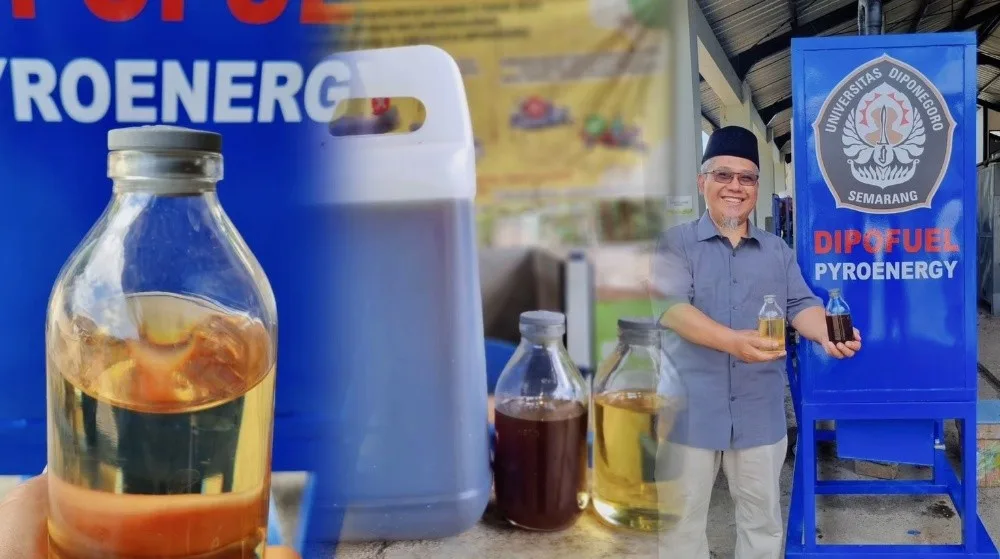The Undip contingent who wasleaded by Widi Dwi Noviandi (Agroecotechnology / FPP S1) with 5 other members namely Eko Susilo (Animal Scinece / FPP), Aulia Fitriana Ardhyatul Jannah (S1 Agroecotechnology / FPP), Aqmarina Sandi Listya Mariati (S1 Agroecotechnology / FPP), Nanik Nurhana (S1 Agroecotechnology / FPP), and Widiya Ningrum (S1 Environmental Engineering / FT) has managed to successfully won a golden medal held by 5th Kaohsiung International Invention & Design Expo 2018 (KIDE)on (7-9 / 12/18) at the International Convention Center Kaohsiung (ICCK), Kaohsiung, Taiwan.
The event was organized by the World Invention Intellectual Property Association (WIIPA) and the Taiwan Invention Products Promotion Association (TIPPA) and is one of the largest exhibition competitions in Asia, which was attended by more than 25 countries in Asia, Europe, Africa and USA.The participating countries that participated in the competition included Indonesia, Malaysia, Cambodia, China, Philippines, Taiwan, Hong Kong, South Korea, Saudi Arabia, Canada, Sudan, India, United States of America, and other countries across the world.
The team from Undip promoted their latest innovation in product invention from the results of a research study in an effort to develop existing organic fertilizers, witha title “Eco-friendly Bio-organomineral Fertilizer for Soil Sustainability”. This product has been tested at the Chemical Laboratory, Central Java Institute of Agricultural Technology (BPTP).
The leader of the Undip contingent, Widi Dwi Noviandi stated that this fertilizer is expected to be a solution in overcoming the problems of sub-optimal land degradation, especially in the category of dry and sour land.
“A land degradation is caused due to the impact of the use of chemical fertilizers which cause the reduction of soil fertility that is already not optimal. Therefore, this organomineral fertilizer product can increase crop production in acidic conditions. ”
“The composition of this fertilizer consists of cow waste, Lemna minor L. (Duckweed), zeolite, and enriched Methylobacterium bacteria.The advantage is that the mechanism of this fertilizer is able to produce urease enzymes that play a role in nitrogen metabolism, spur growth and root morphology, induce plant resistant systems and as a source of nitrogen to help increase plant growth and production.In addition, this fertilizer can improve cation exchange capacity insidethe soil and the fact that it has a slow release fertilizer character means that nutrient availability is maintained optimally, “he said.
Widi hopes that this product will not stop in just as research, but can be further developed so that it can benefit the general public and farmers in particular.
Amazingly, these 4 agricultural students, 1 animal science student and 1 environmental engineering student received appreciation in the form of Special Awards from the Korea Invention University Association (KUIA) for innovative ideas related to the research products that were directly submitted by Lee Ju Hyung (Professor at Kongju National University and also the President of the Korea University Invention Association).


